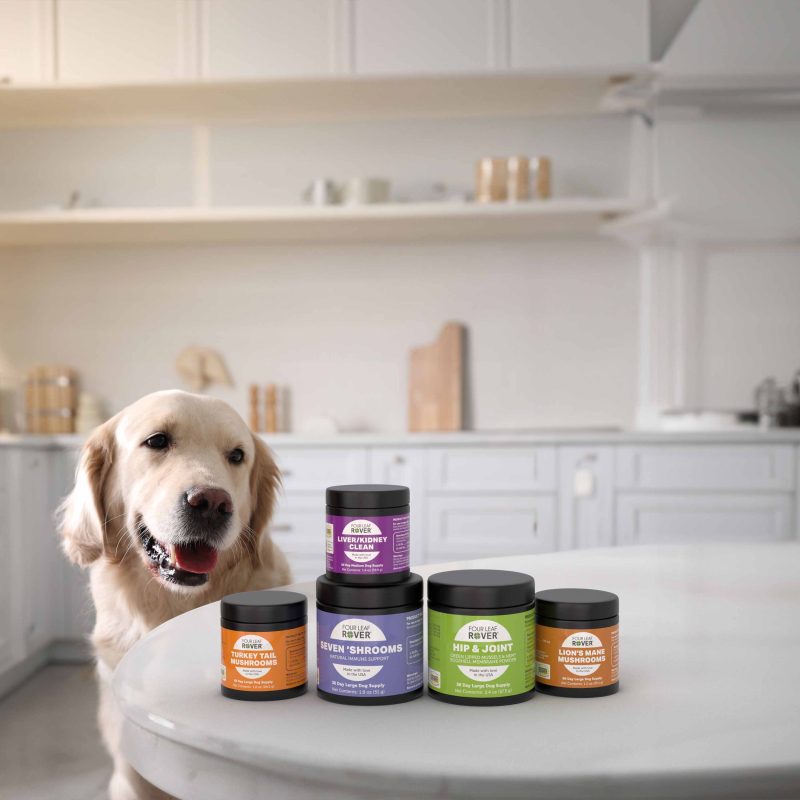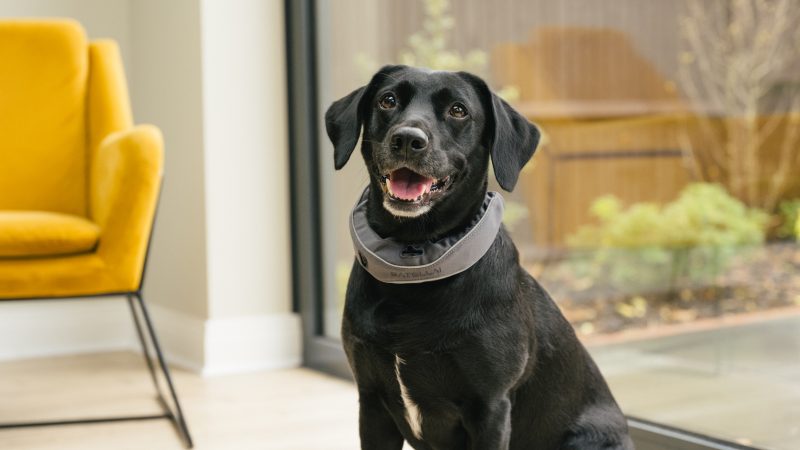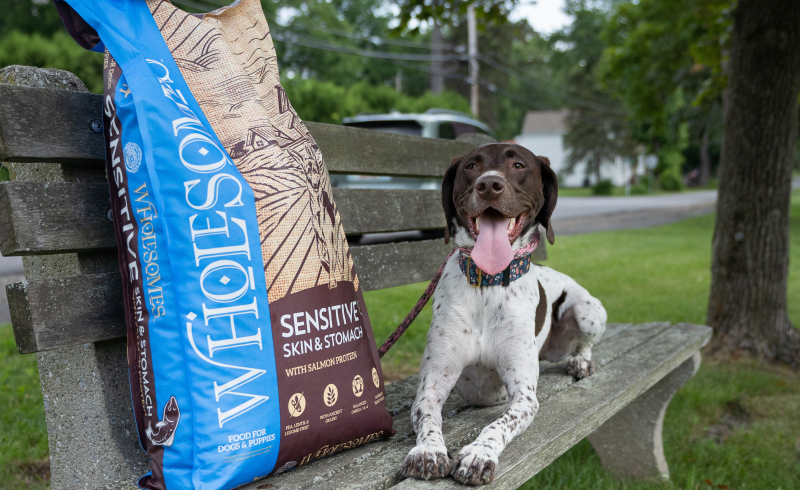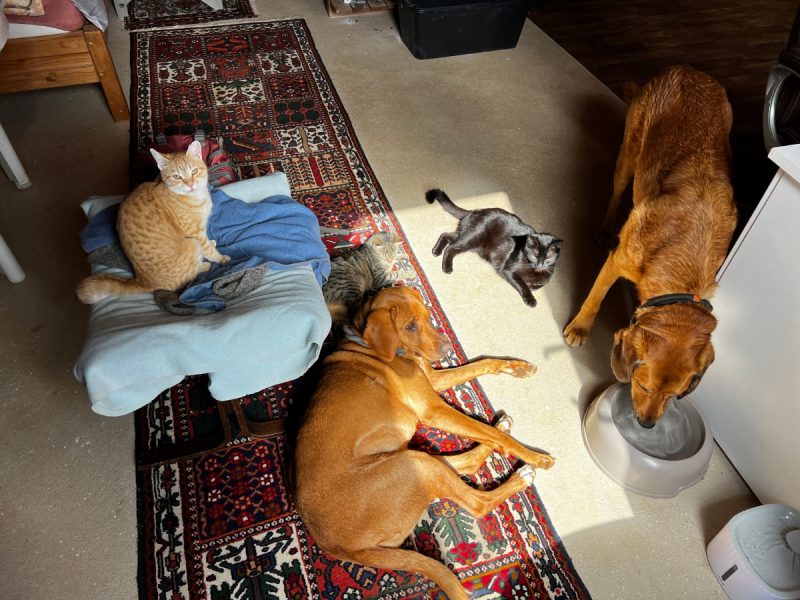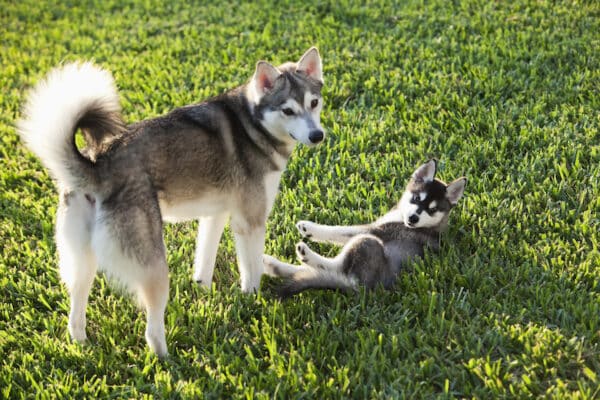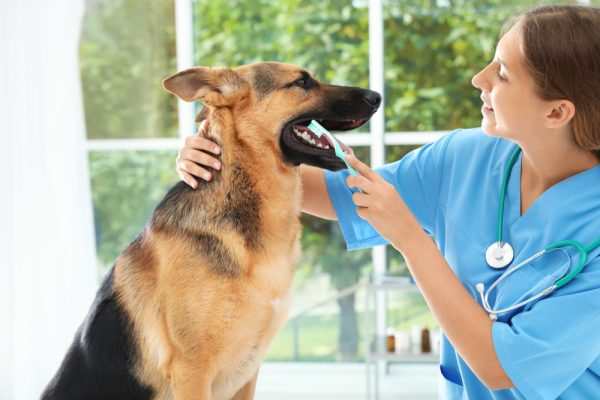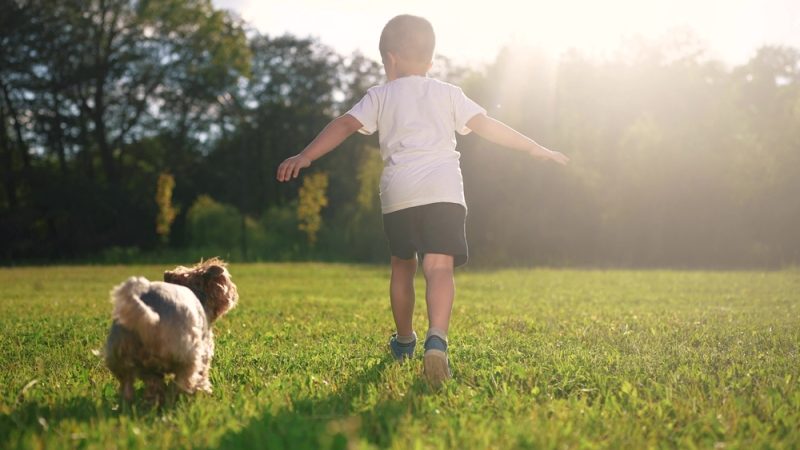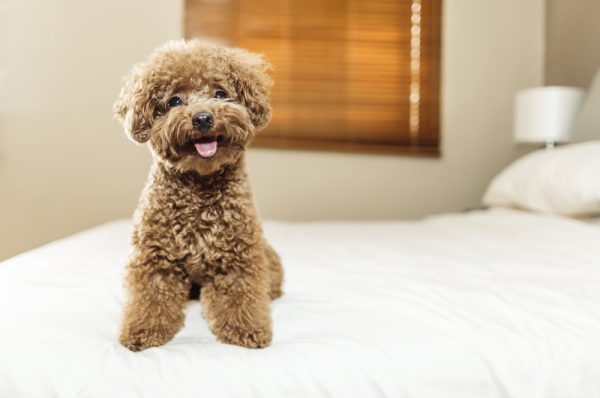
100+
Pet Experts

300+
Health Topics

3600+
Vet Reviewed Articles
You’re probably pretty familiar with Kevin Hart. This master of comedy has become a household name with blockbusters like Ride Along, Central Intelligence, and Jumanji to his credit, not to mention his unforgettable role as a fluffy white bunny named

Dental health is a key priority for pet parents, especially those whose pups have developed smelly breath or yellowing teeth over time. PetLabCo.’s...
Health-conscious pet parents know that overall wellness is more than just a clean diet and daily walks. It’s about supporting every system from...
Still looking for a paw-some gift this holiday season? The SATELLAI Collar, pictured above, gives pet parents total peace of mind at an...
Like humans, dogs have a gut microbiome that plays an important role in their overall health and well-being. When your dog’s gut bacteria...
When we see our pet is uncomfortable due to incessant scratching or chewing, we know it’s time to seek help. Unfortunately, where to...
In a move that was a surprise to many, and a rude shock to others, members of the Valdosta City Council, Georgia, voted...

Trending
Weekly woofs and updates from our canine correspondents.
Hi, I’m Dr. Maja! Read my introduction to learn more about me and my two crossbreed dogs, Lava and Hela. Dogs and cats don’t always get along. It..
Hi, I’m Dr. Karyn! Read my introduction to learn more about me and my five funny dogs, Poppy, Bailey, Kodah, Ned, and Fred. One thing that my teeny..

Dogster Photo Contest
Expert Advice

Getting a brand-new puppy is an exciting life event. Many people want to show off their new furry friend right away. Bringing puppies...
Brushing a dog’s teeth is essential for maintaining good dental hygiene. As a responsible dog owner, you should be regularly brushing your dogs’...
Most people know that chocolate is toxic to dogs. Dogs just can’t metabolize chocolate as well as we can, which renders them particularly...
A fairly common saying in veterinary medicine is that “age is not a disease.” Despite this sentiment, some dog owners may be concerned...


- Senior In-House Veterinarian
Ask Dr. Paola' brings expert cat health advice from Dr. Paola Cuevas (MVZ) every Monday
Dog Tips in Health, Lifestyle & Behavior
Whether it’s quick tips or expert guidance, you’re in good paws — and with new articles added every week, you’ll always have the latest info when you need it most.
There’s no denying that importing animals into the US is a complicated process. Whether you’re trying to bring your pet dog into the country after moving back home or are importing it for commercial sale, you can expect to encounter
Expectant parents who are dog owners often wonder how they should introduce their new baby and dog, and whether they should be concerned...
Owning a dog is a big responsibility, but it is also a rewarding experience in many ways. Along with the fun, snuggles, and...
We’ve all seen movies in which the dog can sense the evil of another character before the humans know anything is going on....
While any avid owner can gladly expound on the meaning their pets bring into their lives, would-be pet parents can’t always see the...
Chakras have their roots in Buddhism and Hinduism. The term describes focal points someone can use in meditative practices to tap into these...
Engagement photos are beautiful keepsakes that capture the feelings of excitement and anticipation that are present during the moments before your wedding. Including...
Dogs have a plethora of skills and talents, but their ability to fall asleep in seconds flat is truly jealousy-inducing. How is it...
It’s common knowledge that most dogs go crazy for cheese. In fact, cheese is often used as a high-value training treat because dogs...
Featured
Videos
Join Isabel, Milly, and Dogster veterinarians for vet-approved advice, product reviews, dog news, and fun facts.
See also: Our Dog Health Support Desk (Vet Q&A)
Paw-some Moments on



